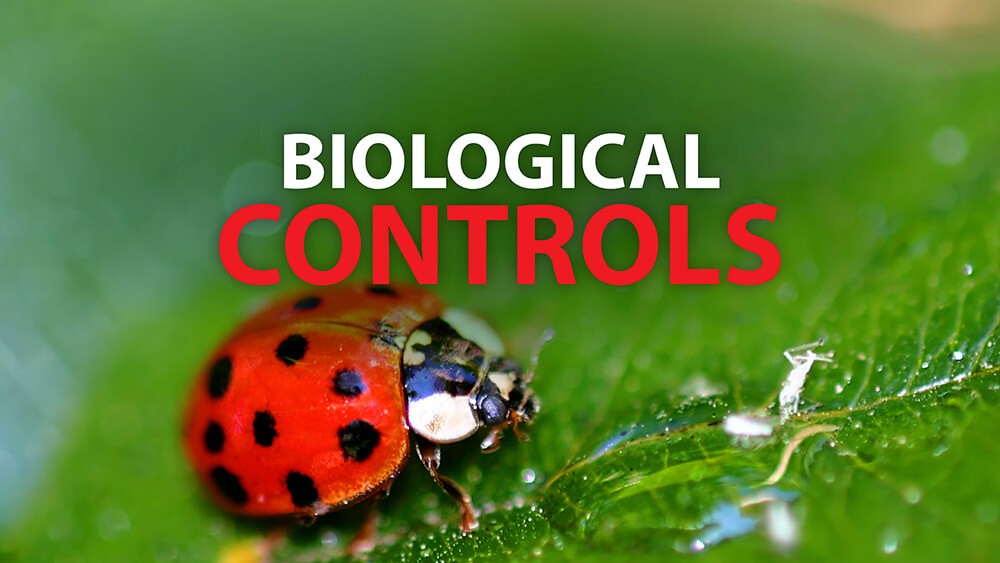As any gardener knows, unwanted bugs can destroy your beautiful beds! No one wants to use chemicals and we can’t blame them.
Harsh chemicals can hurt the bugs that we want to keep in our garden such as bees and butterflies. You best (and safest) bet against unwanted bugs are bugs! Beneficial predators can eliminate the bugs you don’t want while leaving the good ones like bees alone. We will be discussing our three most popular predators; ladybugs, praying mantises, and nematodes.
Ladybugs are an excellent and unsuspecting predator. They are helpful if you are struggling with aphids or other soft-bodied insects that are similar. Juvenile ladybugs use the tactic of piercing then sucking the insides of their prey. The adult ladybugs are more civil as they chew and consume the entirety of their prey. A hungry adult ladybug can eat up to 50 aphids per day which amounts to about 5000 in their lifetime!
The praying mantis is a very interesting creature on its own. Each case, or egg sack, that you purchase contains 50-300 mantis babies. Once they hatch, only one will survive because they will eat each other. The mantis will take care of any insect around your garden. You will want to be careful if you have a large amount of beneficial pollinator plants as praying mantis are known to go after bees. Their main prey items include aphids, potato beetles, squash bugs, and earwigs.
We have all been having lawn problems lately and the solution comes from the nematode, a grub-fighting machine! This parasite infects the grubs that are causing your lawn problems. Nematodes need to be applied twice a year to your lawn to get the full benefits. Apply in spring once the ground temperature has reached 10 degrees Celcius and then again in the fall. Nematodes are not harmful to beneficial insects or humans and neither is their bacterium.
Next time you’re thinking of trying out chemicals, consider biological predators to take care of your garden/lawn woes!
Did you enjoy this article? If so, go ahead and join our
NEWSLETTER COMMUNITY

Why join our newsletter community?
-
Latest tips and tricks on gardening
-
Monthly articles
-
scottsnursery.tv latest episodes
-
Gift card giveaways

JOIN TODAY! ENJOY YOUR MONTHLY BENEFITS OF OUR NEWSLETTER.



Recent Comments